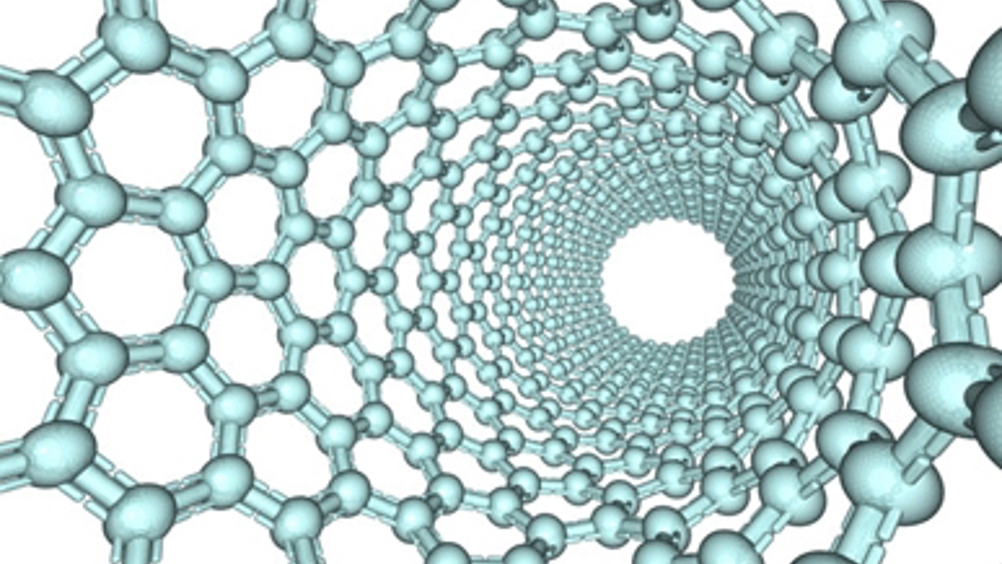Quantum computing hope for spin-protecting ultrathin films
A trans-Atlantic research project is investigating the properties of ultra-thin films of new materials in order to bring quantum computing one step closer to reality.

The on-going collaboration between physicists from York University and the University of Wisconsin, USA, is focusing on understanding, tailoring and tuning the electronic properties of topological insulators (TI) - new materials with surfaces that host a quantum state of matter – at the nanoscale.
Understanding the properties of thin films of the new materials and integrating them with semiconductors is an important step in creating a materials platform for quantum computers.
In a statement, Prof Lian Li, from UW-Milwaukee, said, ‘The electrons on the surface of this material have some intriguing properties. All electrons are spinning in a quantum mechanical way, and spins are constantly knocked by random collisions (scattering).
‘But on the surface of a topological insulator spinning electrons are protected from disruption by quantum effects, called time-reversal symmetry protection. This makes the materials attractive for spin-related electronics, or ‘spintronics’, which would use the orientation of the electron spin to encode information.
Register now to continue reading
Thanks for visiting The Engineer. You’ve now reached your monthly limit of news stories. Register for free to unlock unlimited access to all of our news coverage, as well as premium content including opinion, in-depth features and special reports.
Benefits of registering
-
In-depth insights and coverage of key emerging trends
-
Unrestricted access to special reports throughout the year
-
Daily technology news delivered straight to your inbox










Water Sector Talent Exodus Could Cripple The Sector
Well let´s do a little experiment. My last (10.4.25) half-yearly water/waste water bill from Severn Trent was £98.29. How much does not-for-profit Dŵr...